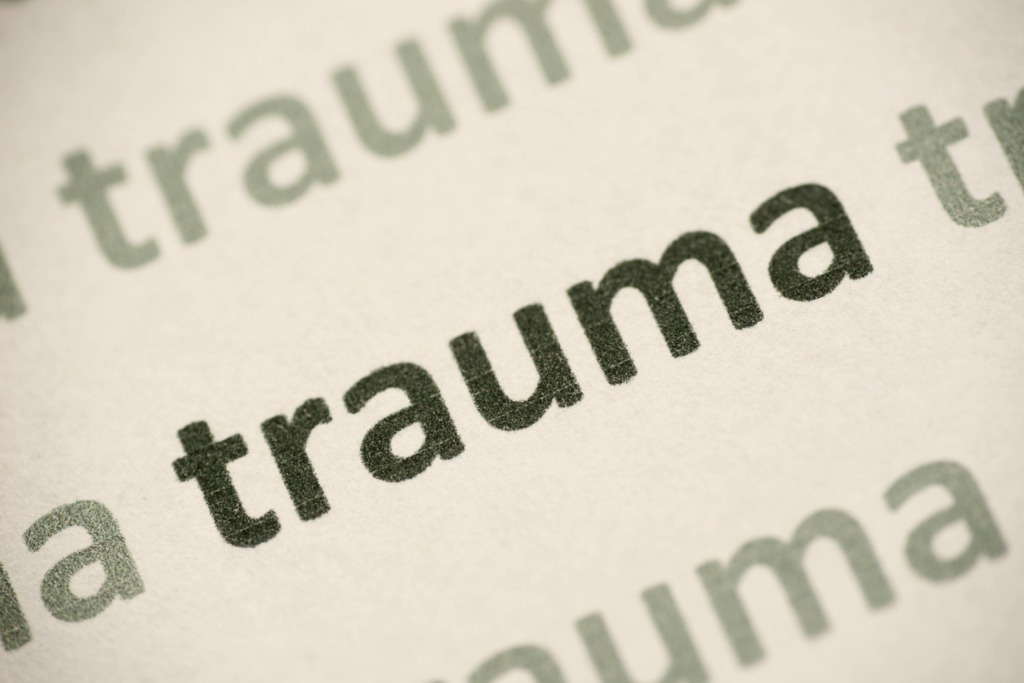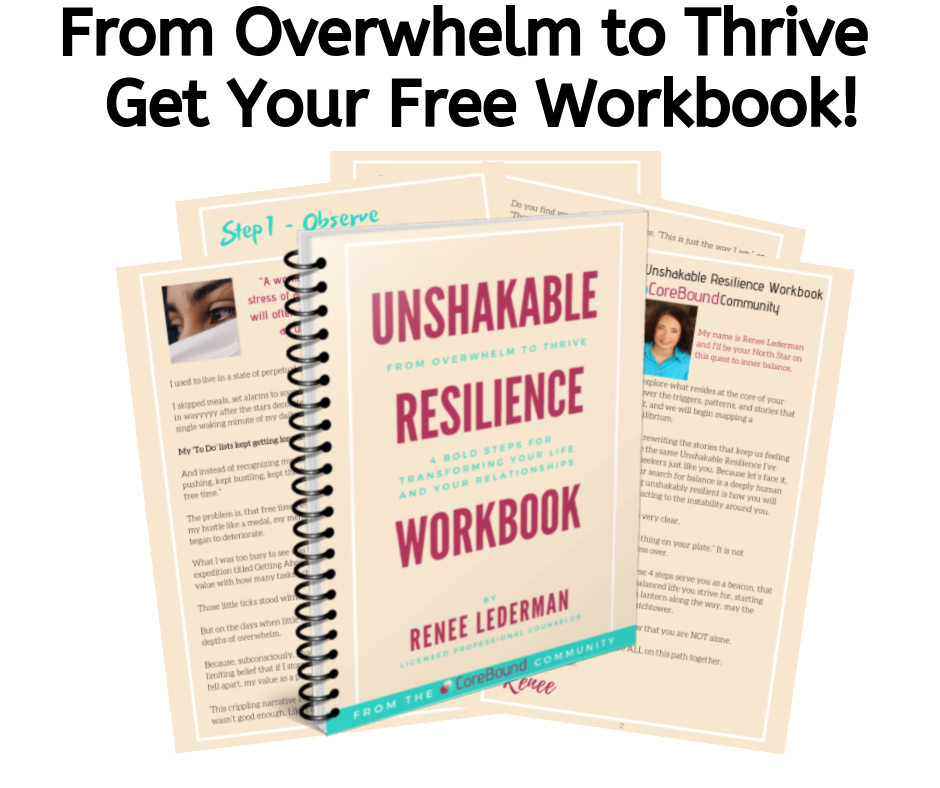
How Childhood Trauma & Neglect Go On To Affect Adult Relationships
Childhood is the time in our lives when we learn the most about interacting with other people, and how to navigate the complex world of social relationships. The lessons that we learn as children from our caregivers, often have lasting effects that continue to shape the relationships and bonds that we form as adults with our friends, family, and loved ones. As a licensed professional counselor in Houston, TX, Renee Lederman can teach you how to overcome the negative childhood patterns of behavior that are affecting your relationships in adulthood.
These lessons are not always formal or intentional. During early childhood through adolescence, children develop neural pathways that influence how they form emotional attachments. Traumatic experiences in childhood can change how those neural pathways develop. Children who receive support and validation from caregivers learn how to build solid attachments based on trust and mutual support. Conversely, abuse, neglect, and trauma can make it harder to build lasting relationships as adults.
The exact connection between childhood trauma and adult relationships is not entirely known, and not every person is affected in exactly the same way. However, we can identify certain patterns of behavior in adult relationships, that often have an origin in childhood trauma and neglect.
Children with Healthy Attachments in Childhood
Adults who experienced mostly positive, healthy attachments during childhood have a solid foundation to build secure attachments as they get older.
Adults with secure attachment are not afraid of healthy commitment, or of being open emotionally with friends and partners. They usually involve their partner in important life decisions, and are able to communicate their desires, expectations, and fears without difficulty.
Negative Childhood Patterns Of Behavior
Adults who have formed negative childhood patterns of behavior suffer varying effects in their adult lives and relationships. It varies by personality, severity of neglect or trauma, and most of all by the type of trauma or neglect they suffered in their youth.
Children who Experience Prolonged Abuse or Neglect
Children who suffer prolonged abuse or neglect cannot rely on the people that they love most for healthy affection and support. In adulthood, they may fear intimacy and find it difficult to trust the people that they love. Conversely, they often recognize the value of positive relationships and crave the stability that they did not have as a child, but find it difficult to overcome longstanding fears.
Children who Are Ignored
Children whose needs and wishes are ignored by their parents often react by becoming increasingly independent, and learning to rely on their own skills in order to take care of themselves at an early age.
As adults, they may continue to prefer independence over commitment, and may struggle to form lasting attachments or to rely on other people for comfort and support. They may avoid saying “I love you,” or end relationships before things become too serious.
Children who Have Inconsistent or Situational Affection
Sometimes caregivers are hot one day and cold the next. Children who experience unreliable or inconsistent affection from the people they rely on may grow up to exhibit anxious-preoccupied attachment.These children are never sure what to expect from their caregivers, and cannot rely on consistent support and affection.
As adults, they often seek out strong connections. They might exhibit “clingy” behavior, or become hyper-vigilant to any slight changes in a relationship that could signal instability. These adults may need more reassurance that they are loved and wanted, in order to feel secure.
Although trauma can make it more difficult to form positive attachments and relationships, we can also work on changing our patterns of behavior. By understanding common factors that impact our relationships, we can identify areas to work on, and overcome any obstacles that might be holding us back.
Ready Break Negative Patterns From Your Past?
If you’re in Houston and are ready to start your journey to success with an experienced, compassionate therapist and life coach, contact Renee Lederman today or call 832-969-3885 to schedule your first appointment.

Download my Unshakable Resilience Workbook. You’ll learn how to transform your life and your relationships and live a more balanced life.




